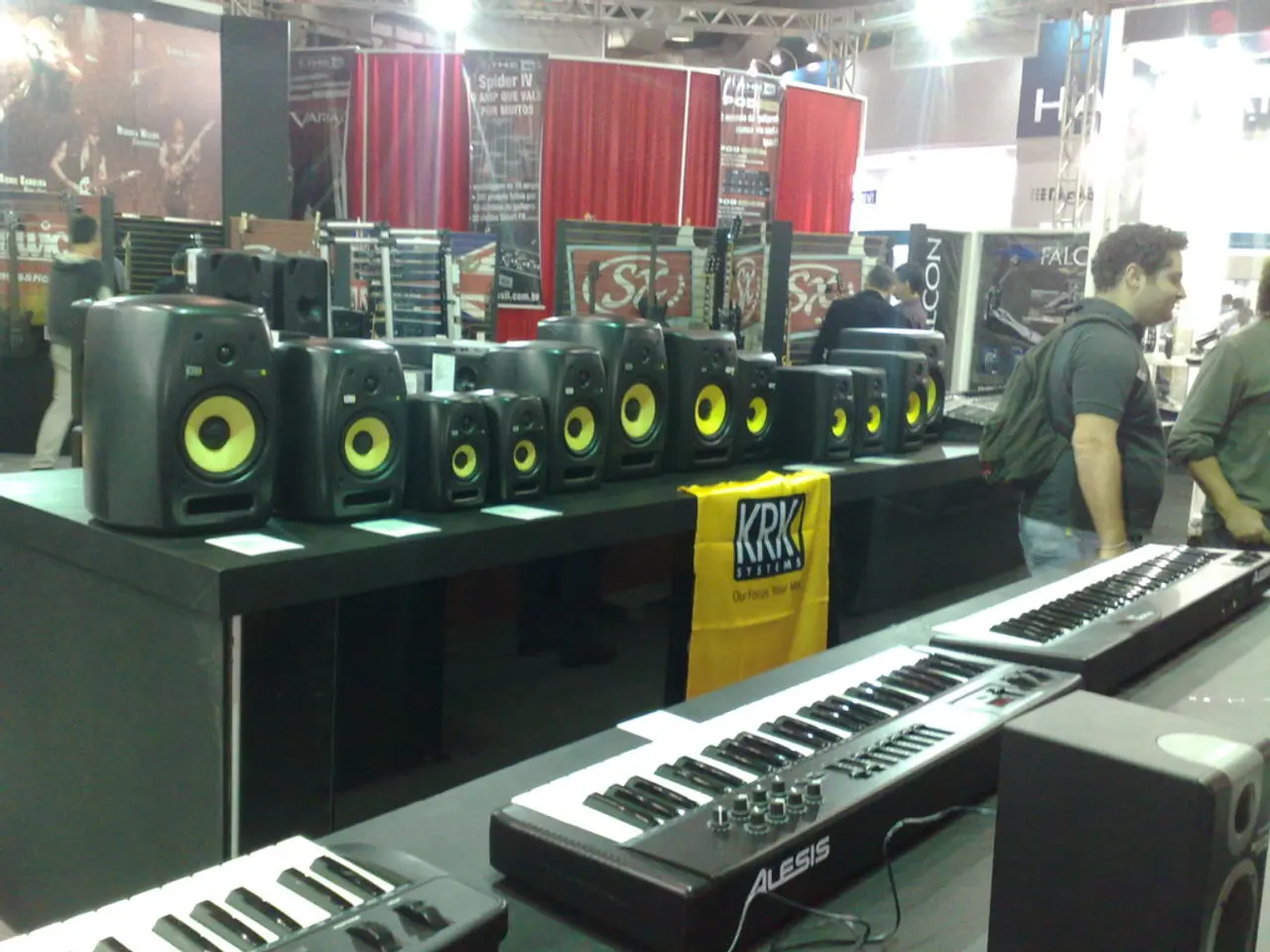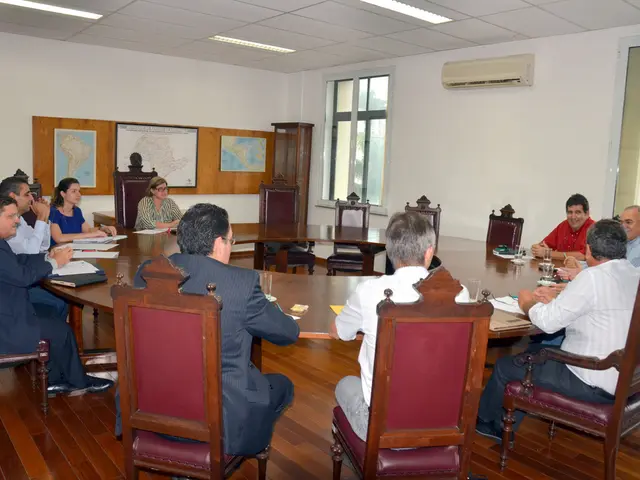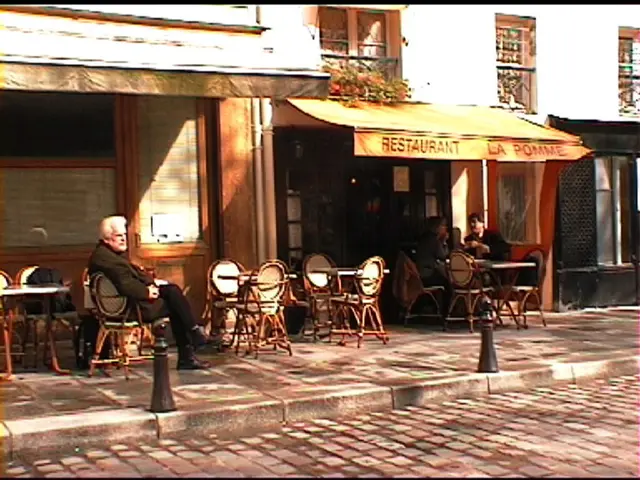Malta's Gaming Licenses and Regulations Explained for 2024
Malta, a Mediterranean island nation, has established itself as a leading hub for online gambling and crypto casinos. This reputation is built on a robust regulatory framework, competitive tax benefits, a crypto-friendly environment, and strong government support for innovation and industry growth.
The Malta Gaming Authority (MGA), the primary gaming regulator in Malta, plays a crucial role in this success story. It issues gaming licenses, monitors companies, provides approvals and certifications, and can even revoke licenses if necessary.
To operate in Malta, companies must meet several regulatory requirements. They must have at least one shareholder, one director with Maltese residency, and open at least two banking accounts. Companies must also employ relevant staff members, including a compliance officer, internal auditor, data protection officer, and a Money Laundering Reporting Officer (MLRO).
Regulatory requirements extend beyond initial setup. Companies must establish a proper set of Anti-Money Laundering (AML) procedures, conduct staff training, risk assessment, screen for persons on sanctions lists, and monitor customer behaviour. They must also keep records, report suspicious activity, and submit suspicious activity reports and records to the MGA.
These measures are designed to ensure a transparent and secure environment for both players and businesses. An MGA license is globally recognized as a mark of credibility and trustworthiness in the iGaming market.
Malta's regulatory approach is proactive and adaptive, evolving with sector demands. This commitment to regulation, coupled with attractive fiscal incentives such as low effective corporate tax rates and advantageous VAT handling, has attracted many gambling businesses.
Malta's location at the crossroads of Europe, Africa, and the Middle East further supports its status as a global hub for commerce and innovation. The Maltese authorities, through the MGA, have a strong enforcement of regulations, collaboration on anti-money laundering and counter-terrorism funding, and initiatives to protect players.
Malta has also embraced cryptocurrency and blockchain innovation, attracting many crypto casinos. This blend of cutting-edge technology with Malta's strong regulatory framework solidifies its position as a premier global hub for online gambling and crypto casinos.
The online gambling market in Malta is projected to reach a revenue of $331.4 million in 2024, with approximately 56% of the Maltese population participating in gambling activities. The licenses issued by the MGA are valid for 10 years and can be renewed as long as the company continues to comply with regulations.
The application process for a gambling license in Malta includes a fitness and properness check, technical areas, administrative areas, and regulatory compatibility. The decision on a license application typically takes between 12 and 16 weeks.
The fees for a gambling license in Malta include an application fee, a company registration fee, a capital requirement cover, an annual license fee, and corporate taxes. Penalties for breaches of regulations range from 10,000 to 500,000 euros and can result in five years of imprisonment.
It is important to note that all companies wishing to legally provide gaming services in Malta must obtain a gaming license from the MGA, and companies that obtain a gambling license in Malta must open an office in Malta. The Gaming Act, enacted in 2018, regulates all types of gaming activities in Malta, including land-based and remote casinos, as well as games of chance.
The MGA also provides for various activities, such as games of chance with the random number generator, fixed-odds betting, peer-to-peer games (e.g., poker), sports betting, and a "Recognition Notice" to licensed entities from other EU/EEA Member States to carry on gaming services in Malta.
In conclusion, Malta's robust regulatory framework, competitive tax benefits, proactive adaptation, and strong government support have positioned it as a premier global hub for online gambling and crypto casinos. The MGA's role in ensuring regulatory certainty, economic advantage, technological innovation, and strong governance continues to solidify Malta's position in the iGaming industry.
[1] "Malta Gaming Authority: The Regulator of iGaming in Malta." (n.d.). Retrieved from https://www.mga.org.mt/about-us/
[2] "Why Malta is the Perfect Location for Crypto Casinos." (2020, June 22). Retrieved from https://www.gamblinginsider.com/business-intelligence/why-malta-is-the-perfect-location-for-crypto-casinos-32319
[3] "Malta: A Leading iGaming Jurisdiction." (n.d.). Retrieved from https://www.gamingmalta.com/
[4] "Malta's Blockchain and DLT Regulatory Framework." (n.d.). Retrieved from https://www.maltablockchain.com/
[5] "The Malta Gaming Authority: A Global Leader in Online Gaming Regulation." (2020, October 15). Retrieved from https://www.calvinayre.com/2020/10/15/business/the-malta-gaming-authority-a-global-leader-in-online-gaming-regulation/
- Given Malta's regulatory commitment to anti-money laundering procedures, a crypto-friendly environment, and technological innovation, it is no surprise that the nation attracts businesses in both traditional finance and the burgeoning technology sector, such as crypto casinos and blockchain-based companies.
- In addition to its status as a leading online gambling hub, Malta's comprehensive regulatory approach extends to technology businesses, making it a prime location for the growth of fintech, crypto casinos, and other digital businesses.




